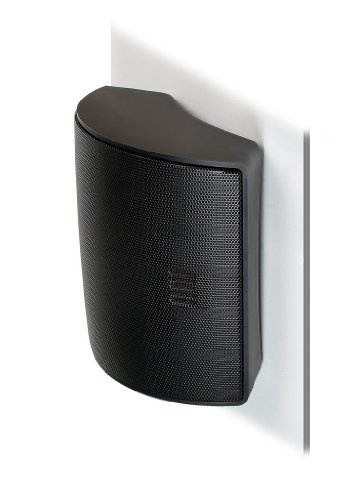This new subscriber would like to know if anyone has had experience using M-Ls with room equalizer systems including Audyssey outboard unit, Audyssey systems built into Denon receivers, or other room equilizer systems? Would like to know how effective they are, as I am considering Anthem pre-pro vs. Denon's new 5805CI recvr which has recently-upgraded Audyssey software (There are rumors of a Denon pre-pro that might also incorporate Audyssey). Meridian has a built-in proprietary system said to be good, but their prepro considerably more expensive. I would be driving 5.1 channel M-L spkrs (perhaps Vantages up front and perhaps eventually 7.1 channels of M-Ls). I have read jmschnur's 2-21-06 post re:"equalizers and crossovers" & responses.
I have a bit of experience in this area, so maybe I'll chime in

Room EQ is an amazing tool when used right. Used wrong, it’s the worst thing you could ever do.
Solutions like the Audyssey in the high-end Denons is actually very good, and hard to screw-up, although some people have managed

The Meridian MRC is also excellent (I’ve tuned several systems using G68’s), but somewhat passive about correcting the ultimate last bit and requires hand tweaking by someone who knows what they’re doing .
These systems use the measurement process to perform time-domain alignment (setting accurate delays for each channel and for adjusting phase. Additionally, the measured in-room response for each channel is analyzed for room mode correction. This is different than just trying to EQ each channel for ‘flat’. Room modes are typically detected by looking for resonances that manifest themselves as long decay times at specific frequencies as seen on waterfall plots.
By removing these room induced resonances, you dramatically clean up the perception of how ‘clean’ a system is, or whether it’s ‘boomy’ or not.
Some systems also will correct some non-resonant frequency response peaks (by applying cut filters) if they are truly nasty (large peak, narrow Q). Most allow the user to add their own filters after the automatic system has done its bit. And that’s where it can go wrong. So unless you’ve read up on acoustics, played with measurement systems (>50hrs worth at least), you are at risk of possibly creating a negative side-effect.
But don’t let that scare you off from these systems, it’s just a caution from someone who’s had to learn, then go back and correct his own mistakes and those of others.
I recommend a system with room correction over one that does not have it. If you were to take any system, replace the pre with one that had room correction, I guarantee, the one that removed the room modes wins hands down, every time. I don’t care how high-zoot and platinum plated the pre is, if the speakers and the room interactions are generating large resonances, you will never know if the awesome pre is any good or not, as you really aren’t hearing it, you’re hearing your speakers interacting with your room.
One reason I evangelize MLs is that they let you start out with amazing sound generation in the room, as long the amp is appropriate, the rest of rig hardly matters. But any speaker, no mater how good, will still interact with the room. This is why room treatments should be the #1 investment anyone makes after purchase. Followed closely by active EQ, such as the ones we’re discussing here. Everything else is such a distant third in terms of actual sound quality results that I try and stay focused on these first two until I’m satisfied I’ve done all I can there.
See my system link for all the EQ and room treatments I use. I sort of rolled my own room correction. It's better than a G68 in my config (which is why I still run a 568).
Bottom line, a Denon pre (when and if it arrives) / Audyssey EQ or a Meridian G68 (look at the used market for great deals down around $5K). My vote for pure sound quality and room correction would be the G68.













